KB5017380 for Windows 10 is now live on the Release Preview Channel
6 min. read
Published on
Read our disclosure page to find out how can you help Windows Report sustain the editorial team. Read more
Key notes
- Windows 10 Insiders on the Release Preview Channel got new software today.
- Microsoft rolled out 19044.2075 (KB5017380), an update full of needed fixes.
- Take a more in-depth look at what's happening with this update right here.
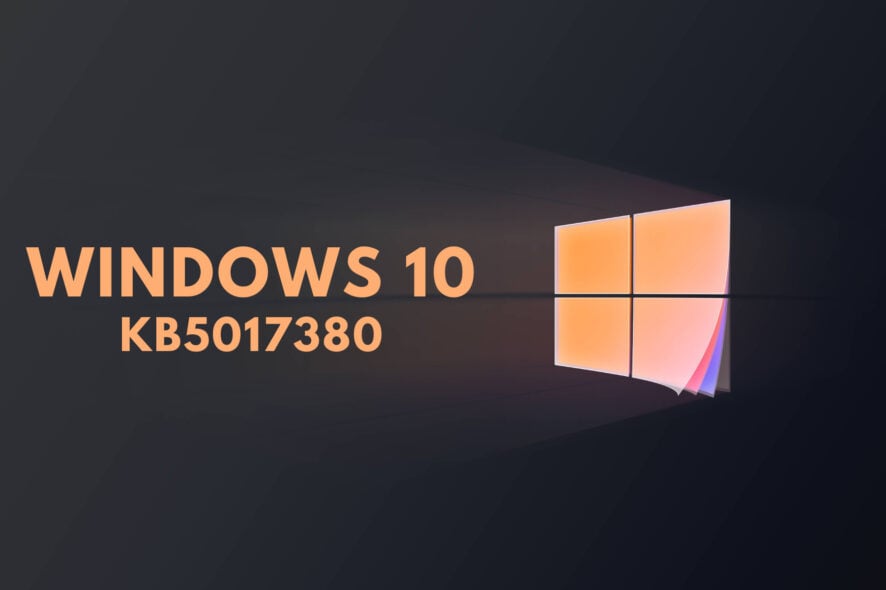
The most important updates for the Windows 10 operating system, all versions included, have been released via this month’s Patch Tuesday event.
Even Windows 7 and Windows 8.1 received important patches in September so that Microsoft can make sure that even outdated versions of the OS are still secure.
Windows 10 Insiders that are on the Release Preview Channel have received another cumulative update today, and we are going to see what it’s all about.
Windows 10 Build 19044.2075 is full of fixes
The Redmond-based tech giant has released a brand new Windows 10 build to all Insiders on the Release Preview Channel, in the form of Build 19044.2075, also known as KB5017380.
With this cumulative update, users gain the ability to view News and interests on the taskbar in any orientation.
Also, Transport Layer Security (TLS) 1.0 and 1.1 is now off by default in all apps and browsers by Microsoft, plus there is a huge number of fixes.
Furthermore, Microsoft added a functionality that lets you use Azure Active Directory (AD) authentication to sign in to Windows using Remote Desktop.
Using this, you can use Windows Hello or security devices, such as Fast Identity Online 2.0 (FIDO2) keys, for remote sign-in.
Now, as we mentioned, there is a long list of fixes that have been applied to this version of the operating system, containing various problems.
- Fixed an issue that requires you to reinstall an app if the Microsoft Store has not signed that app. This issue occurs after you upgrade to Windows 10 or a newer OS.
- Fixed an issue that prevents MSIX updates from installing from the same URL.
- Fixed an issue that stops codecs from being updated from the Microsoft Store.
- Fixed an issue that affects cached credentials for security keys and Fast Identity Online 2.0 (FIDO2) authentications. On hybrid domain-joined devices, the system removes these cached credentials.
- Fixed an issue that affects a network’s static IP. The issue causes the configuration of the static IP to be inconsistent. Because of this, NetworkAdapterConfiguration() fails sporadically.
- Fixed an issue that affects rendering in Desktop Window Manager (DWM). This issue might cause your device to stop responding in a virtual machine setting when you use certain video graphics drivers.
- Fixed a rare stop error that happens after you change the display mode and more than one display is in use.
- Fixed an issue that affects graphics drivers that use d3d9on12.dll.
- Fixed an issue that forces the IE mode tabs in a session to reload.
- Fixed an issue that affects URLs generated by JavaScript: URLs. These URLs do not work as expected when you add them to the Favorites menu in IE mode.
- Fixed an issue that affects window.open in IE mode.
- Fixed an issue that successfully opens a browser window in IE mode to display a PDF file. Later, browsing to another IE mode site within the same window fails.
- Introduced a Group Policy that enables and disables Microsoft HTML Application (MSHTA) files.
- Fixed an issue that affects the Microsoft Japanese input method editor (IME). Text reconversion fails when you use some third-party virtual desktops.
- Fixed an issue that affects the App-V client service. The service leaks memory when you delete App-V registry nodes.
- Fixed an issue that might change the default printer if the printer is a network printer.
- Fixed an issue that affects the ProjectionManager.StartProjectingAsync API. This issue stops some locales from connecting to Miracast Sinks.
- Fixed an issue that affects Group Policy Objects. Because of this, the system might stop working.
- Fixed an issue that affects Windows Defender Application Control (WDAC) path rules. This issue stops .msi and PowerShell scripts from running.
- Fixed an issue that might bypass MSHTML and ActiveX rules for WDAC.
- Fixed an issue that causes WDAC to log 3091 and 3092 events in audit mode.
- Fixed an issue that affects Windows Defender Application Control (WDAC). It stops WDAC from logging .NET Dynamic Code trust verification failures.
- Fixed an issue that affects WDAC policies. If you enable SecureLaunch on a device, WDAC policies will not apply to that device.
- Fixed an issue that occurs when a WDAC policy fails to load. The system logs that failure as an error, but the system should log the failure as a warning.
- Fixed an issue that affects non-Windows devices. It stops these devices from authenticating. This issue occurs when they connect to a Windows-based remote desktop and use a smart card to authenticate.
- Fixed an issue that occasionally causes explorer.exe to stop working when explorer.exe opens.
- Fixed an issue that affects the Microsoft Japanese IME when it is active and the IME mode is on. When you use the numeric keypad to insert a dash (-) character, the IME inserts the wrong one.
- Fixed an issue that affects the rendering of the search box. It does not render properly if you sign in using Table mode.
- Fixed an issue that affects the FindNextFileNameW() function. It might leak memory.
- Fixed an issue that affects robocopy. Robocopy fails to set a file to the right modified time when using the /IS option.
- Fixed an issue that affects cldflt.sys. A stop error occurs when it is used with Microsoft OneDrive.
- Fixed an issue that affects the LanmanWorkstation service. It leaks memory when you mount a network drive. 40366335 Risk Pending
- Fixed an issue that affects Roaming User Profiles. After you sign in or sign out, some of your settings are not restored.
- Fixed a known issue that affects XML Paper Specification (XPS) viewers. This might stop you from opening XPS files in some non-English languages. These include some Japanese and Chinese character encodings. This issue affects XPS and Open XPS (OXPS) files.
- Fixed a known issue that affects daylight saving time in Chile. This issue might affect the time and dates used for meetings, apps, tasks, services, transactions, and more.
This is pretty much what is going on in terms of changes made to the Windows 10 OS for Insiders on the Release Preview Channel.
As you know, pretty soon, all of these tweaks will reach the Stable version of Windows 10 and all our worries will be gone.
Have you spotted any other irregularities after installing KB5017380 on your device? Share your experience with us in the comments section below.

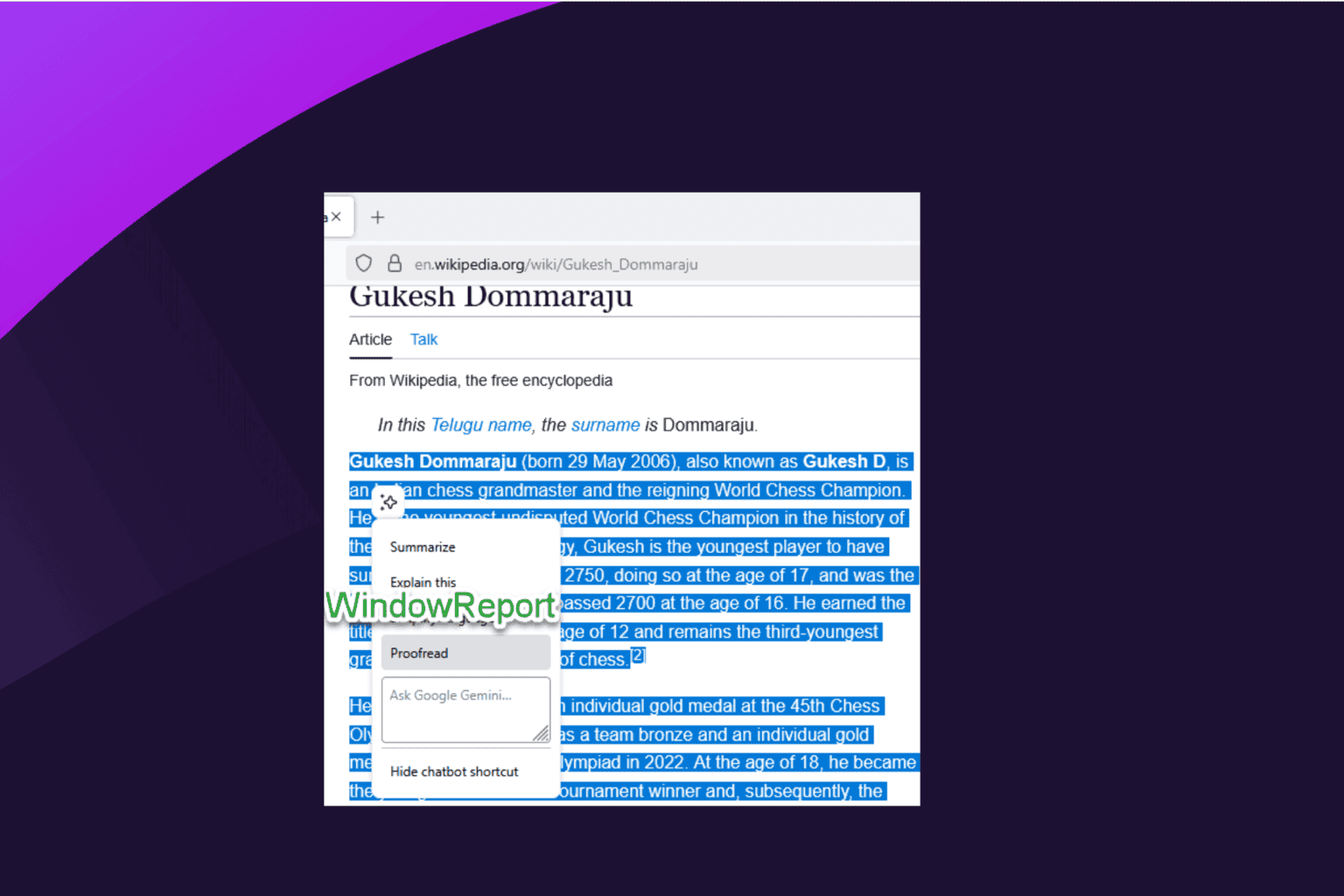
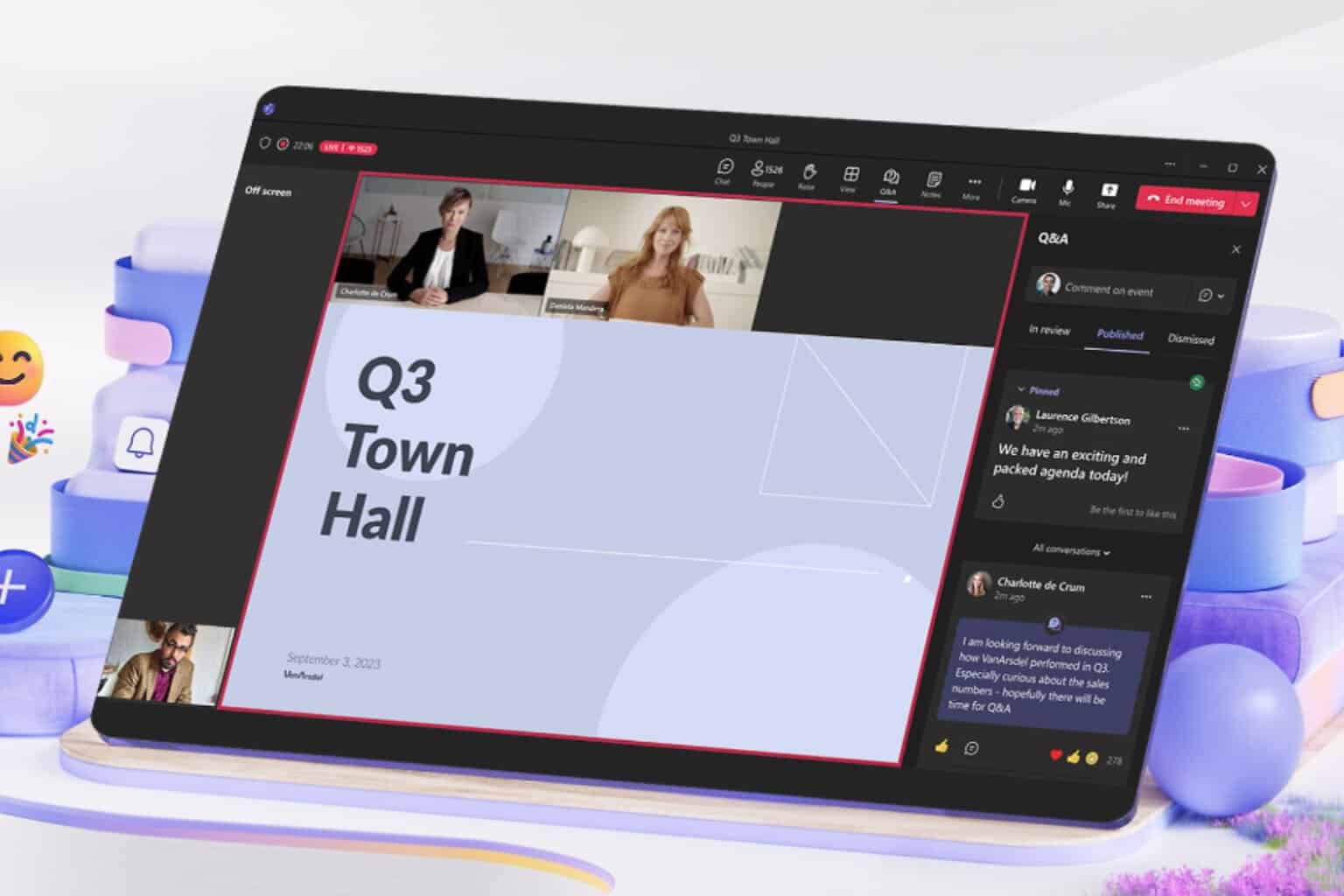



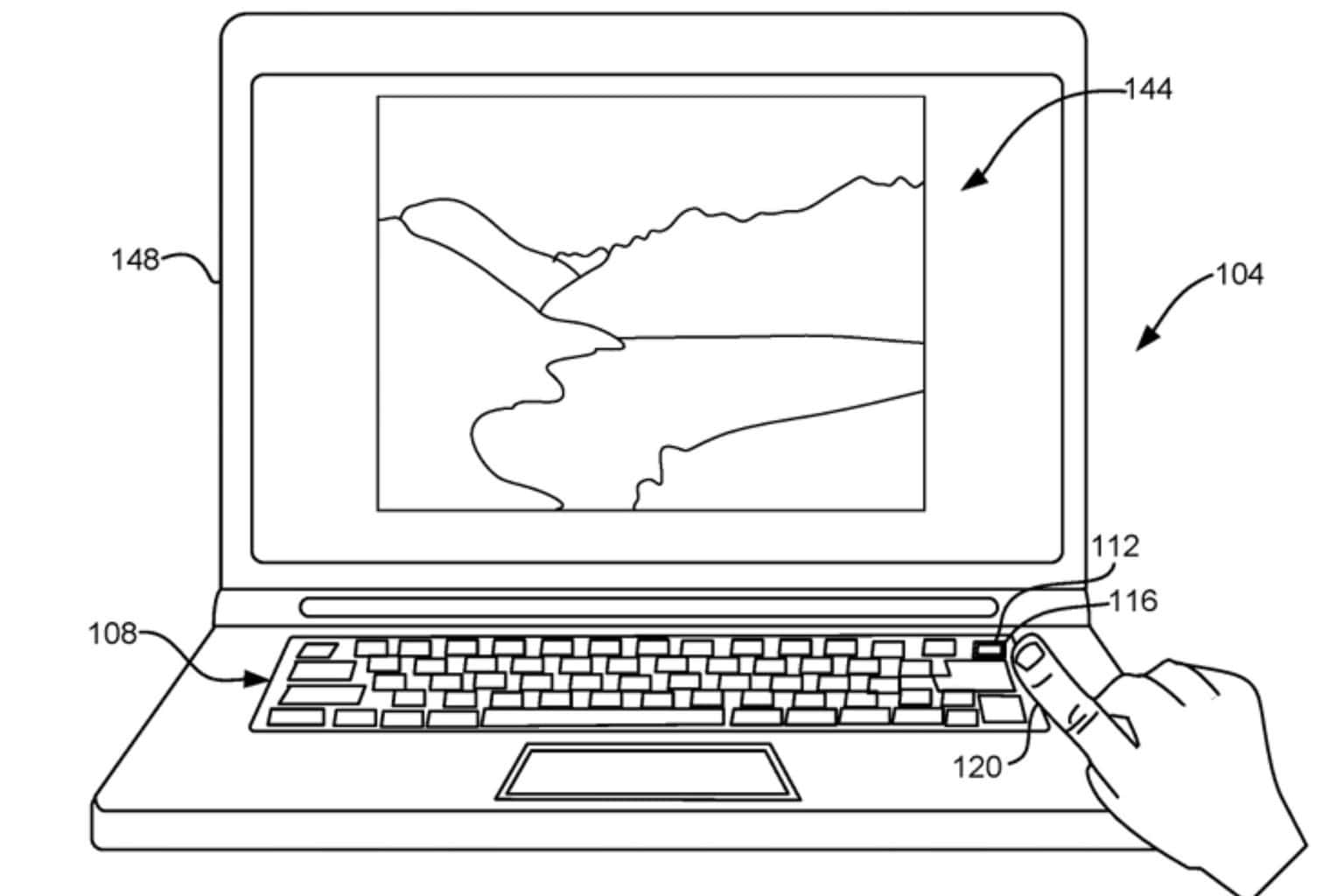
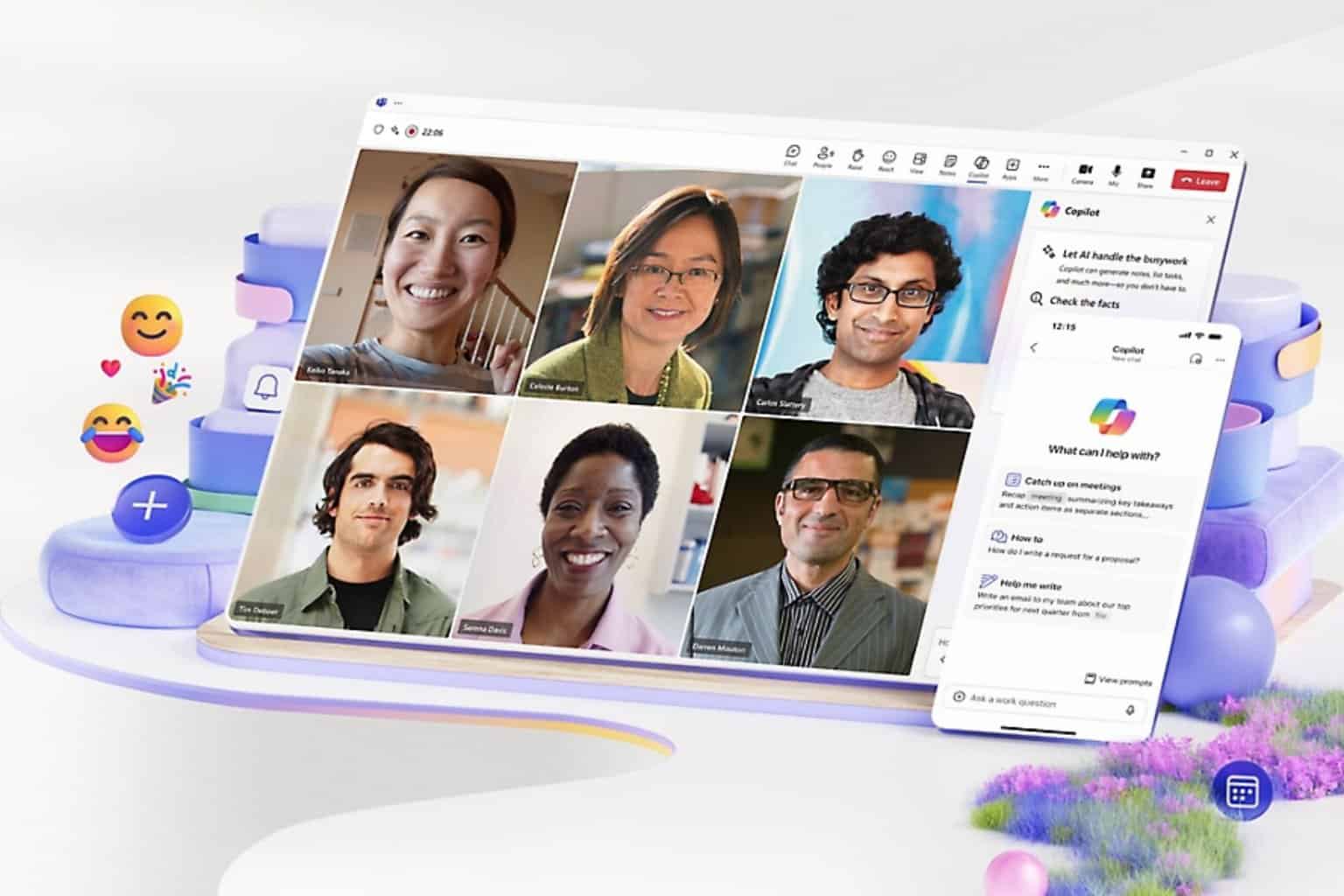
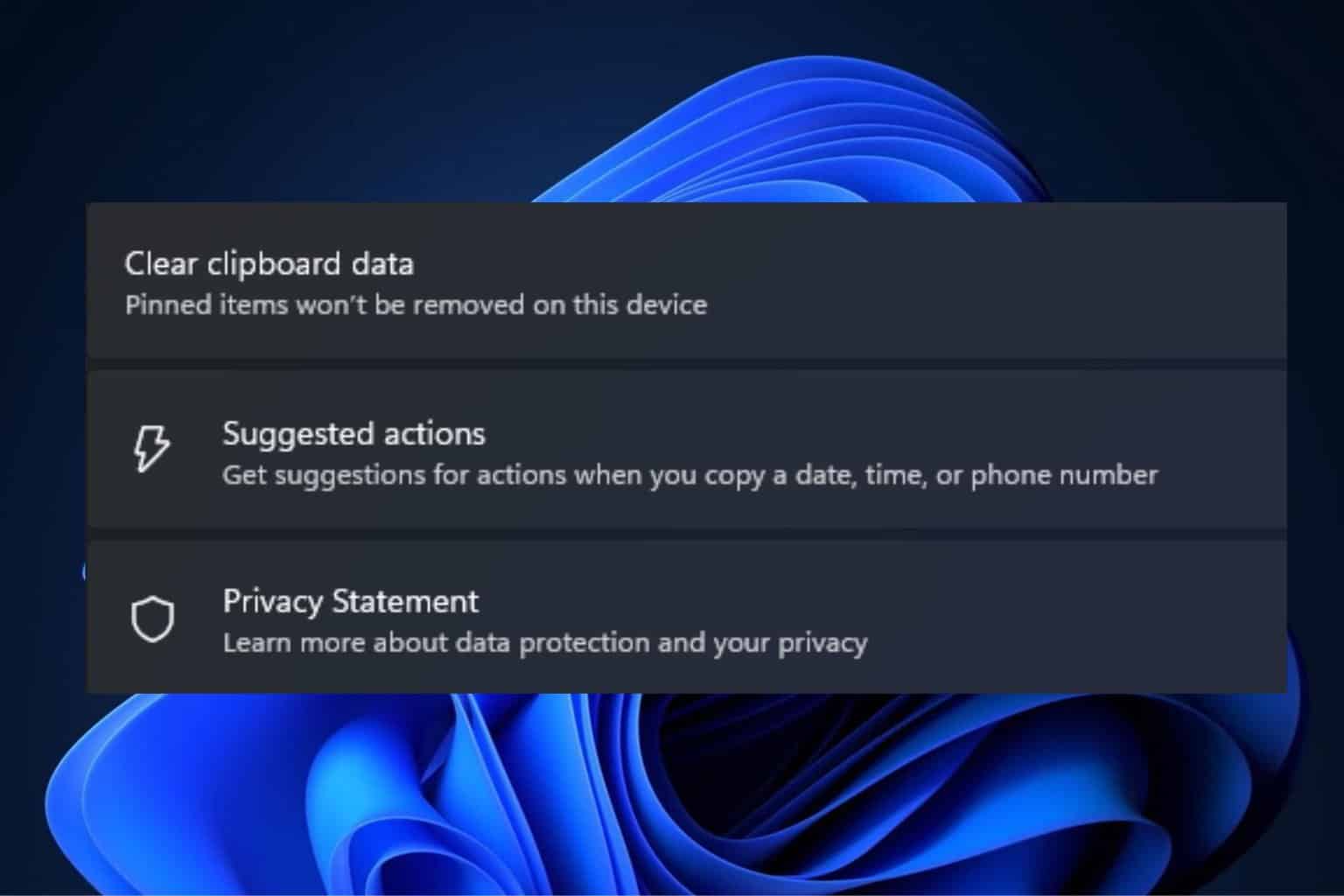
User forum
0 messages